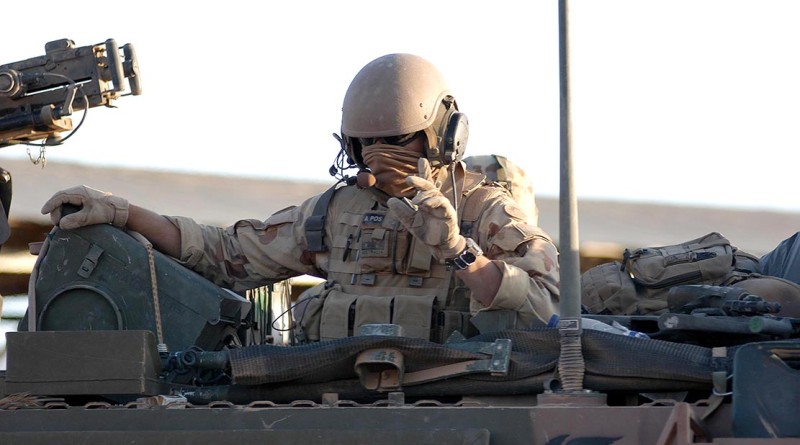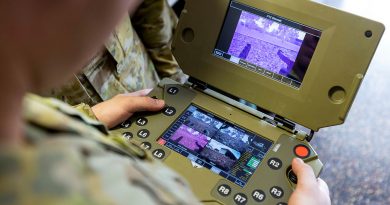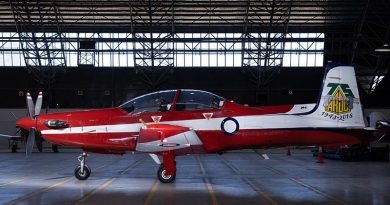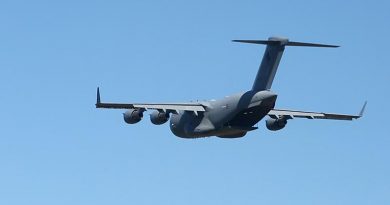WoG report on Afghanistan lessons learnt

Commissioned by the Australian Civil-Military Centre, the report is based on a cross-government review undertaken by former Secretary of the Department of Defence and Australia’s Special Representative to Afghanistan and Pakistan, Ric Smith.
The Report considered Australia’s whole-of-government approach to Afghanistan between 2001 and 2013, which outlines the strengths and challenges of Australia’s mission in Afghanistan.
Minister for Defence Marise Payne said the report highlighted 17 lessons to enhance whole-of-government cooperation for future complex overseas missions, be they warlike operations, peacekeeping tasks or humanitarian and disaster-relief missions.
“These lessons are already being used to inform current cross-agency preparedness and planning,” Minister Payne said.
“One of the key challenges highlighted in the report was that Australia did not adopt a whole-of-government model when renewing its commitment to Afghanistan in 2005.
“As a result, when greater civilian and police involvement occurred from 2008-09, Australia had to retrofit planning and management arrangements around a well-established Australian Defence Force model.”
Minister for Defence Personnel Tehan said the report established a framework for improved inter-agency collaboration.
“Most future overseas operations will require a coordinated whole-of-government response,” Minister Tehan said.
“We owe it to all those who served in Afghanistan to adopt the lessons and continue to refine the way departments and agencies work together.”
Other key lessons outlined in the report consider policy, risk assessment, preparation and planning, senior interagency leadership, alliance and coalition management, the delivery of aid – and, most worrying for CONTACT and other media, ‘cross-agency public affairs’ [as if the messages out of the conflict zone weren’t already sparse enough].
Minister Payne said Australia remained committed to a stable and secure Afghanistan.
“The ADF’s current commitment includes approximately 270 ADF and Defence civilians deployed under Operation Highroad.
“Australia continues to work with the international community to provide long-term support to the government of Afghanistan as it seeks to consolidate hard-won security gains and to prevent Afghanistan from ever again becoming a safe haven for terrorists.”
Despite the minister’s rhetoric, however, it is widely reported by the UN, the Pentagon and others that the Taliban holds sway over more territory now than at any time since the war began in 2001.
Even in Tarin Kot, which Australia long since left, American forces have had to more than double their air-strike missions in support of local police and army, with much of the surrounding rural areas now in Taliban control and the city of Train Not itself under threat, according to media reports.
The Australian Civil-Military Centre builds civil, military and police capabilities to prevent, prepare for and respond to conflict and disasters overseas. It comprises staff from the Department of Foreign Affairs and Trade, Australian Defence Force, Defence Public Service, Australian Federal Police, the New Zealand Government and the Australian Council for International Development.
Report highlights
The Afghanistan: Lessons from Australia’s Whole-of-Government Mission Report, commissioned by the Department of Defence, in coordination with the Department of Foreign Affairs and Trade and the Australian Federal Police, outlines the strengths, good practices and challenges of Australia’s mission in Afghanistan at the whole-of-government level.
While each overseas mission has its own particular circumstances and context, there are important lessons that we can take away from the Afghanistan experience.
This Report highlights 17 such lessons to enhance how we work across government and improve cooperation for complex missions of the future.
Key lessons include:
- Involving all relevant departments and agencies in whole-of-government policy development and planning from the outset;
- Establishing a senior level interagency group to oversee policy development and provide a high-level nexus with the National Security Committee of Cabinet and the Secretaries’ Committee on National Security;
- Recognising the value of civil-military co-leadership in the field;
- Agreeing principles and protocols be developed at the outset of the mission to define working relationships and responsibilities between different services and agencies;
- Undertaking collective mission preparation involving military, civilians and police, including exercises focussed on developing cross-agency relationships at the headquarters level;
- Establishing a cross-agency public affairs capability to highlight the whole-of-government nature of the mission;
- Synchronising posting and deployment cycles for civilian, military and police personnel;
- Tasking the Australian Civil Military Centre with providing a standing whole-of-government lessons learned capability for overseas missions.
Download the report:
Afghanistan: Lessons from Australia’s Whole-of-Government Mission
.
.
.
.
.
.
.
.

.
.






